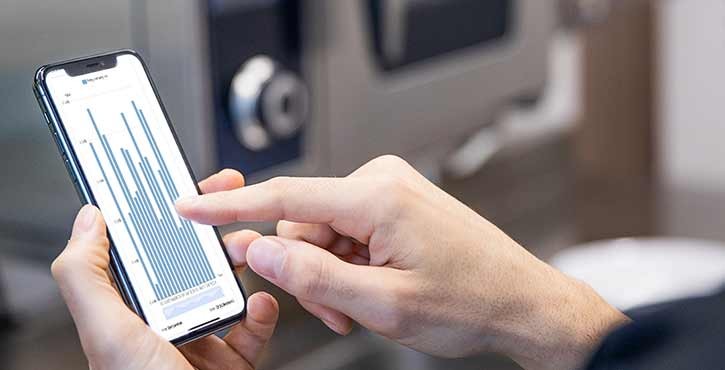Are you a restaurant owner looking for ways to contribute to the environment outside of making sure you are recycling? Below we look at why adopting easy-to-implement eco-friendly behaviours is vital for the planet, your bottom line, and enhancing customer perception!
An eco-friendly restaurant operates with a focus on sustainability and minimising its impact on the environment. These restaurants use eco-friendly practices and materials to reduce waste, decrease energy consumption, and promote products and services. Examples of eco-friendly practices include:
-fix725x370.jpg)
400,000 tonnes of avoidable waste is produced from the food sector every year, so if you want to ensure your restaurant is eco-friendly, getting on top and limiting your food waste is essential. Ensure you recycle, compost, keep track of your expiration dates, and try to minimise food waste by carefully planning your menu and using ingredients efficiently, including incorporating leftovers of one dish's food prep in another, like vegetable peelings used in stock for another dish.

You can optimise your energy usage in many ways, but one great option is investing in energy-efficient kitchen equipment like the RATIONAL iCombi Pro and iVario Pro . These next-level cooking systems use energy-efficient technology to cook food quickly and with minimal energy usage. The RATIONAL iVario Pro consumes 40% less energy than conventional tilting pans and boiling pans. This next-gen cooking system also includes the iVarioBoost energy management system, which ensures precise temperatures and regulates them, which helps reduce food being overcooked and wasted. The iVario Pro also can heat up to a temperature within two and a half minutes. All these features add to some serious energy saving across usually energy-heavy appliances. You can also enhance your energy efficiency by maintaining all your appliances correctly, as machines that operate at peak efficiency use less electricity.
-fix725x370.jpg)
Controlling water usage is another important aspect of running an eco-friendly restaurant. Make sure you're fixing leaks and using low-flow taps and toilets. Can you install a rainwater collection system to repurpose the water? Or, instead of providing bottled water, have an in-house water filtration system and serve customers with reusable glass bottles?
Finally, using organic produce is another excellent way to be eco-friendly. You support farmers using sustainable growing practices and avoiding harmful pesticides and fertilisers. Locally-sourced produce often has a lower carbon footprint since it is not transported long distances. Also, opt for food that only requires a little packaging or comes in recyclable or reusable packaging.
Running an eco-friendly restaurant takes effort, but it's well worth it for the environment and your customers. By reducing waste, focusing on energy efficiency, controlling water usage, and using organic produce, you can help make a positive impact on the planet and look good to your customers, who might choose you over your competition due to your sustainable efforts.
At RATIONAL, we have taken the time to develop energy-saving cooking systems, like the iVario Pro , so food can not only be cooked consistently, well and quickly but save the restaurant industry operational costs.
Get in touch with the team at RATIONAL to find out more.